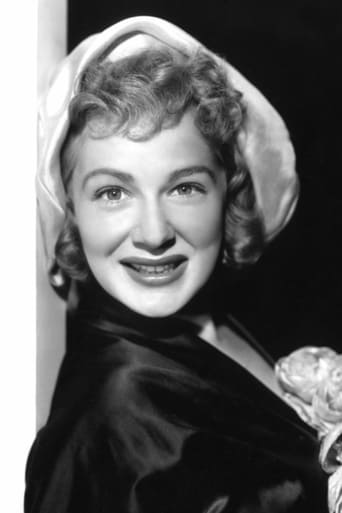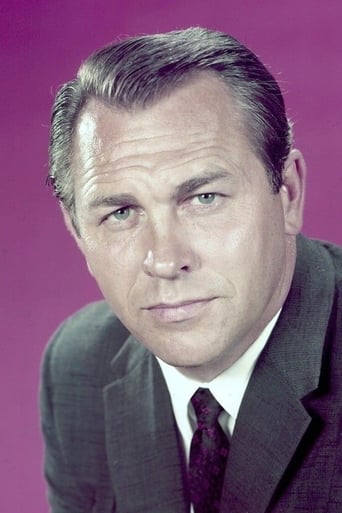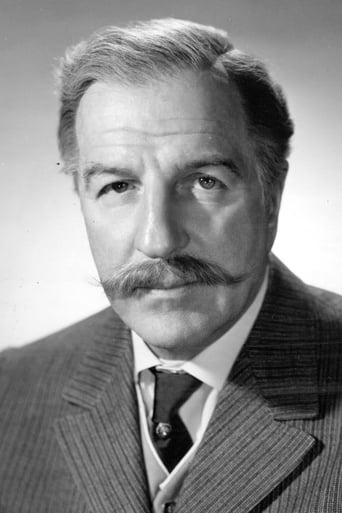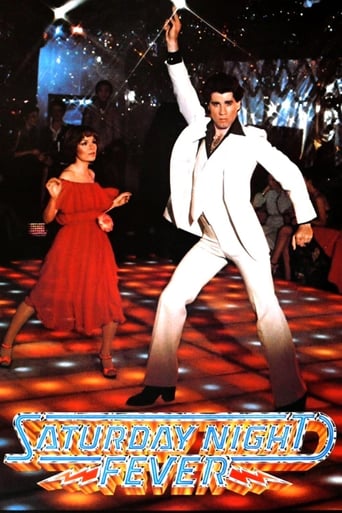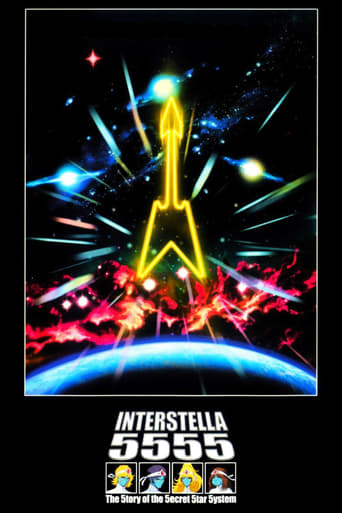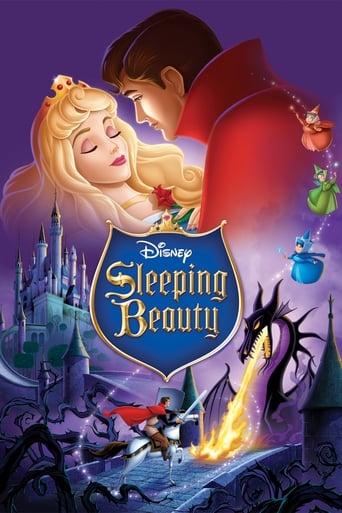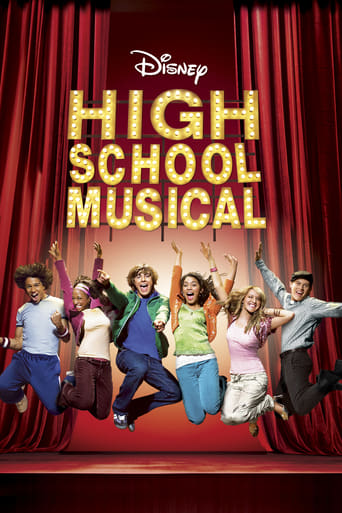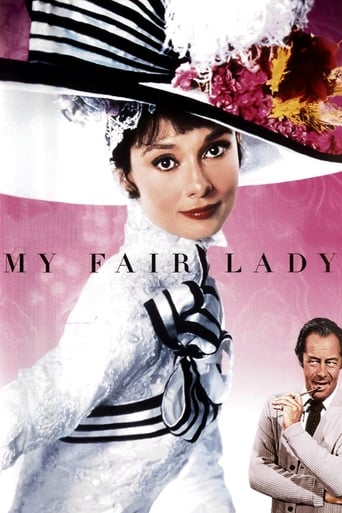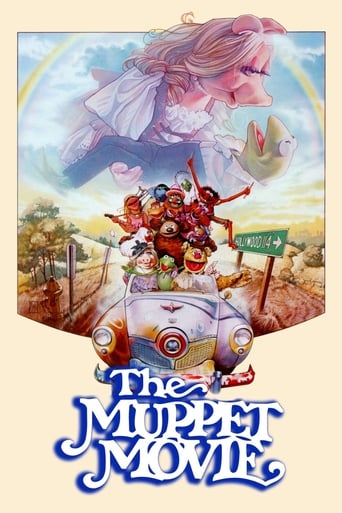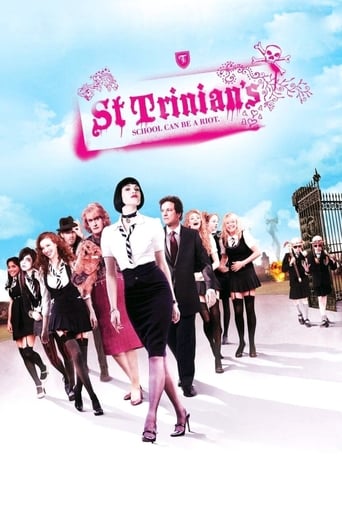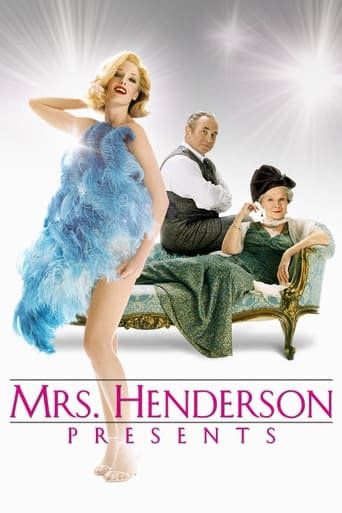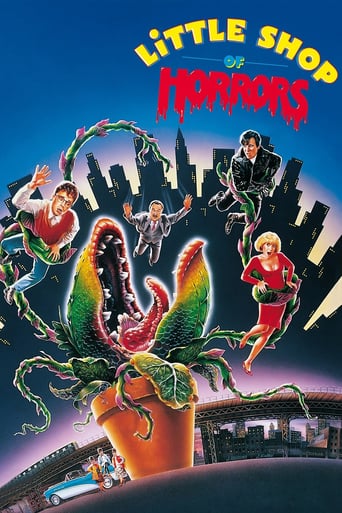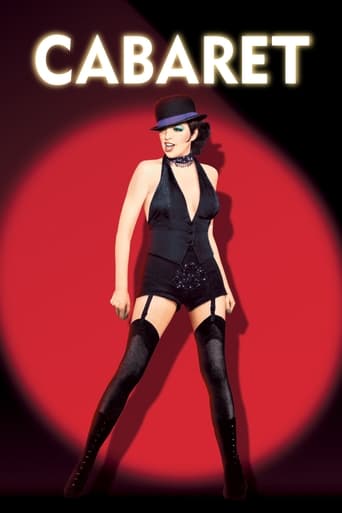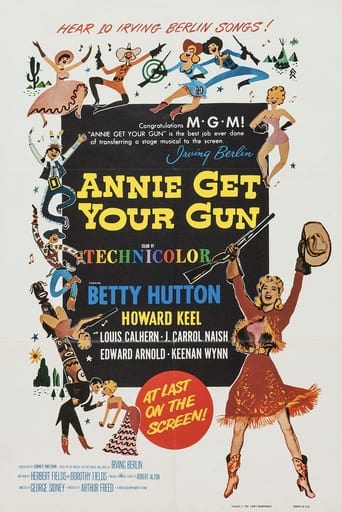
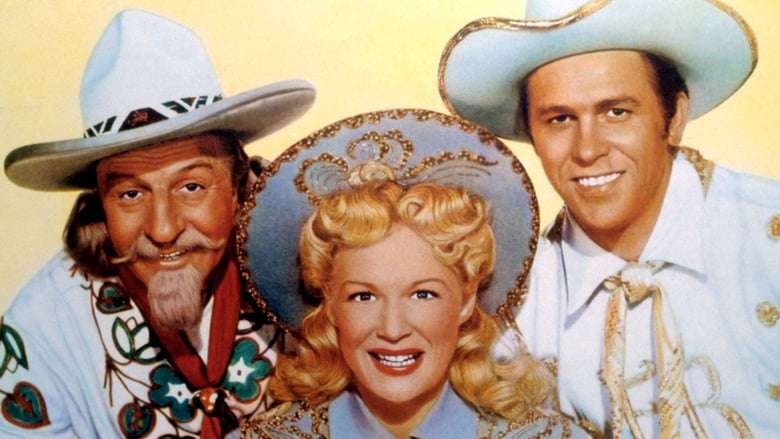
Annie Get Your Gun (1950)
Gunslinger Annie Oakley romances fellow sharpshooter Frank Butler as they travel with Buffalo Bill's Wild West Show.
Watch Trailer
Cast


Similar titles
Reviews
A waste of 90 minutes of my life
I like movies that are aware of what they are selling... without [any] greater aspirations than to make people laugh and that's it.
I really wanted to like this movie. I feel terribly cynical trashing it, and that's why I'm giving it a middling 5. Actually, I'm giving it a 5 because there were some superb performances.
A great movie, one of the best of this year. There was a bit of confusion at one point in the plot, but nothing serious.
The story of "Annie Get Your Gun", based on the stage musical of the same name, is a fairly simple one. (Musicals often did have quite straightforward stories; so much time was taken up with all those song- and-dance numbers that there was no room left for complicated plot twists). In the late 19th century Buffalo Bill's Wild West Show visits a town in Ohio. Annie Oakley, a local girl from a poor rural family, accepts a challenge to take on the show's resident sharpshooter, Frank Butler. She defeats him, and Buffalo Bill is so impressed that he invites her to join his show. Annie accepts eagerly, as she has already fallen in love with the handsome Frank. The film then charts the course of their romance, the chief obstacle to which is Frank's reluctance to admit that he can be bested by a woman. If the story told in the film is a simple one, the story of its production is far more complex. Judy Garland was originally cast as Annie, but was sacked from the film after she repeatedly clashed with the then director, Busby Berkeley, and repeatedly turned up on set late, if at all. This debacle would lead to Garland's departure from MGM and the film therefore plays an important part in what might be called the "Judy Garland legend", the idea that she was a tragic victim of circumstances and of the studio. (There is some truth in this legend, but its proponents tend to under-estimate her own self-destructive tendencies). Betty Hutton was brought in to replace her, but thereby earned herself the enmity of most of the rest of the cast and crew, who had sided with Garland and resented what they saw as Hutton's profiting from Garland's misfortune. According to Hutton the only cast member who treated her with any politeness was Louis Calhern, himself a replacement for the original Buffalo Bill, Frank Morgan, who had died during filming. Busby himself was replaced as director by Charles Walters, who in turn was replaced by George Sidney. Despite all these shenanigans, the film was a box-office success when released in 1950 and is actually pretty good. Musically, it is very good- with music and lyrics by Irving Berlin that is perhaps not surprising- and won the Academy Award for "Best Score". Hutton did not, perhaps, have the greatest voice- Garland would probably have been better in this respect- but she throws herself into the role of the happy-go-lucky Annie with great energy and enthusiasm and earned herself a Golden Globes nomination. Howard Keel, who plays Frank, had a wonderful bass-baritone voice, and it is shown off here to good advantage in such well-known numbers as "The Girl That I Marry", "There's No Business like Show Business" and "Anything You Can Do". Keel seemed to specialise in musicals with a Western theme- he also appeared in "Oklahoma!", "Seven Brides for Seven Brothers" and "Calamity Jane". Dramatically, as opposed to musically, the story is a bit thin, and the "I'm an Indian, Too" number does not sit too well with modern concerns about "cultural appropriation". (It doesn't help that the main Indian character, Sitting Bull, is played by a white actor). In other respects, however, the film still stands up well more than sixty years after it first appeared. 7/10
I have fond memories of this film, as it was our senior class play, with a great, but not as great, cast. Not surprisingly, this film version of the Irving Berlin-scored Broadway play of the same title was among the top box office draws of '50, and clearly is the pinnacle of the film career of bombastic star Betty Hutton, although she subsequently was the female lead in "The Greatest Show on Earth", which was voted the Oscar and Golden Globe awards for best film of '52. Initially, there were a number of problems settling on who was going to play Annie, and Buffalo Bill, and who was going to be the director. Judy Garland was slated to be Annie, with Frank Morgan as BB, thus reteaming 2 of the stars of "The Wizard of Oz". In addition, Busby Berkeley, who had directed 3 of the 4 Mickey & Judy musicals was the original director. Well, as it turned out, none of these 3 got very far into making this film. As with the 4th Mickey & Judy musical, Judy clashed with Busby. Hence, it was again decided that he was the more expendable. But, Judy's tardiness continued, thus she was soon fired, as well. Morgan died just as filming was getting underway. Garland's contemplated replacements included Doris Day, Betty Grable, and Betty Hutton: all vivacious blonds, with musical and comedic talent. Unfortunately, all were tied to other studios. MGM was able to strike a deal with Betty's Paramount studios, hence she ended up with the role. DD was greatly disappointed, but eventually was given the consolation prize of "Calamity Jane", with a rather similar role, with Keel again the male lead. This was only Keel's second film role, and his first that featured him singing. He was tall, quite handsome, with a great strong baritone voice, thus scripting Betty to mug insanely when she encounters him in the early going. Keel had had extensive experience starring in some of the top Broadway musicals, including "Oklahoma". Nonetheless, Betty got more of the solos, with them doing several impressive back and forth duets, as in "They Say It's Wonderful" and "Anything You Can Do". In a later interview, Betty reported that most of the MGM crew, including Keel, strongly resented her taking Judy's place and treated her as a virtual outcast, even though at a much later reunion of the surviving cast members, she was praised for her performance. Keel, of course, would go on to star in several additional high profile musicals, including : "Showboat", "Kiss Me Kate", "Seven Brides for Seven Brothers", as well as "Calamity Jane".Your opinion of this film will probably largely hinge on your perception of Betty. Most people seem to either love her or hate her, with few in between. I'm obviously in the first group. This was clearly her masterpiece, not to discount Keel's and Berlin's contributions. Comparing the outtakes of Judy's versions of two of the singing scenes, I hope you will agree that Betty's versions are clearly more interesting, with her exaggerated expressions and mannerisms. Some complain that she grossly overacted. But that was just her style of being funny and dramatic, as is true of most comedians. Some complain about her singing. True, occasionally her voice was too weak, or often included an intentional raucous component, but that was to emphasize her mood or enthusiasm. She could put over rousing songs , like "There's No Business Like Show Business", with great gusto and expressiveness. She could also make weepy ballads sound convincing. One particularly memorable scene has her clownishly imitating Keel's prior "The Girl That I Marry", then dissolving into a weeping continuation of the song, as she compares herself with his stated ideal in a wife. Who else could have done that as effectively?Yes, the 'Indians' were sometimes portrayed as 'wooden Indians' or as howling savages. But, the staid Sitting Bull(the usually humorous J. Carrol Naish), gave her sound advice(and a defective rifle) in her pursuit of Frank Butler(Keel). Some may see the idea that a woman should let her guy feel superior to herself as sexist. But, especially in the times of the real Annie, women were supposed to generally stay in the background. Even today, this is, unfortunately, often sound advice. Ironically, the real Frank Butler was an exception to this rule. Women who are unusually talented or ambitious need to be smart in picking a man who is comfortable in supporting them. Often, an older man(such as Frank), who has already achieved success or fame and is in a position to further her career is the right choice.Of course, as in the case of the '36 "Annie Oakley", considerable liberty was taken with the details of the historical Frank & Annie relationship. For instance, Annie didn't become Frank's stage shooting partner until some years after they married, and they didn't join BB's show until 10 years later! Annie was nothing like the flamboyant Betty, nor Ethel Merman, in the Broadway version!. She was a dutiful conservative Quaker. Actually, BB sometimes also featured another young shooting-trick riding sensation, in Lillian Smith, who much more resembled Betty's version of Annie, in being flamboyant and a flirt!Other films you may enjoy from this era that feature women in traditionally men's roles include: "Comanche Territory", "Against All Flags", "The Ballad of Josie", "Calamity Jane", "Montana Belle",and "Montana"
. . . broke Americans need gun stamps. Ms. Oakley enters this picture on the verge of her first major payday--a whopping $4! With four younger siblings in her charge, Ms. Oakley's only means of support is a popgun-sized inherited rifle. Even though she is "the world's greatest shot," it takes a ton of lucky breaks to move Annie toward "Easy Street." Annie hails from Ohio, the "Buckeye" state. Inflation no doubt has raised the cost of buckshot there ten-fold since Ms. Oakley's "Gay Nineties" heyday (that is, the 1890's, as they were known). Plus, not everyone inherits a fine fire arm in perfect working order. (Even Annie cannot hit the broad side of a barn when Chief Sitting Bull alters her sights so that anything she can't do will be Worser than her true love, the former "world's greatest shot," Frank Butler, in their final shoot-off.) When Annie gets her gun, she moves from a struggling subsistence level life-style to an opulent one, complete with the means for hired child care and much fancier clothes. But where would Annie have gotten WITHOUT HER GUN?? Our Second Amendment rights are totally useless, unless we have at least one gun! What's the value of having food stamps if the first jerk who comes along with a gun can steal them from you? (Plus, when you read the Constitution, you will NOT run across any mention of "food rights"!) ANNIE GET YOUR GUN sounds a clarion call: Broke Americans Need Gun Stamps--please support your local chapter of B.A.N.G.S. today!
Please understand that I generally *like* movie musicals, especially those of Broadway shows. But AGYG is the worst movie musical of a Broadway show I've ever seen.I'll start with the positives: Some (though not all) fine, memorable songs, such as "There's No Business Like Show Business," and some really wonderful costumes (and I'm not one to notice costumes!). But, my goodness, Betty Hutton delivered the most over-the-top performance I I've ever seen, not just in musical, but EVER! I mean that in the worst way possible.I understand her character, Annie Oakley, is supposed to be bigger than life, but Hutton's portrayal is bigger than Mount Everest. Again, I mean that in the worst way possible. I cannot imagine what the director had in mind by directing/allowing her to speak and move in a film as if she were playing to the back row of Radio City Music Hall. She even overacts when she sings, time and again emphatically straightening her bent arms to indicate her enthusiasm.This was a movie I tolerated rather than enjoyed.


